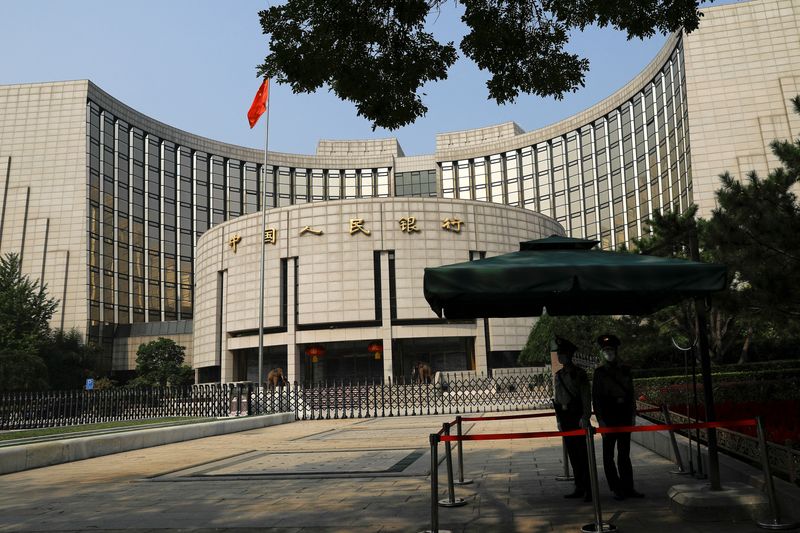BEIJING (Reuters) - China should rely more on structural reforms and less on economic stimulus to drive economic growth this year, Liu Shijin, a policy adviser to the central bank, said on Wednesday.
Liu, a member of the People's Bank of China monetary policy committee, said the economy can achieve its growth target of around 5% this year but that more effort is needed on both stimulus and structural reforms.
"There is no issue with macroeconomic policies becoming moderately loose and more proactive, but there is a tendency to focus solely on macroeconomic policies and not even remember how to promote some structural reforms," Liu told a forum.
"The relationship between macro policies and structural reforms may need to be straightened out."
Investors and analysts are closely watching out for new reforms from Beijing to address deep-seated economic imbalances.
China's economy can potentially grow about 5%, with only one percentage point coming from the effect of policy, with the rest from "basic conditions and institutional policy environment", suggesting reforms are more important, he said, adding that some reforms could aid growth immediately.
"Some structural reform policies can also have immediate effects, which may be faster than some macroeconomic policies," Liu said, amid concerns that reforms may not yield quick economic benefits and that some changes may hurt growth.

Liu has been calling for reforms to widen migrant workers' access to public services enjoyed by city dwellers, as well as policies that bolster private entrepreneurship.
At the beginning of the annual parliament meeting last week, Premier Li Qiang announced an ambitious 2024 economic growth target of around 5%, and unveiled modest stimulus measures.